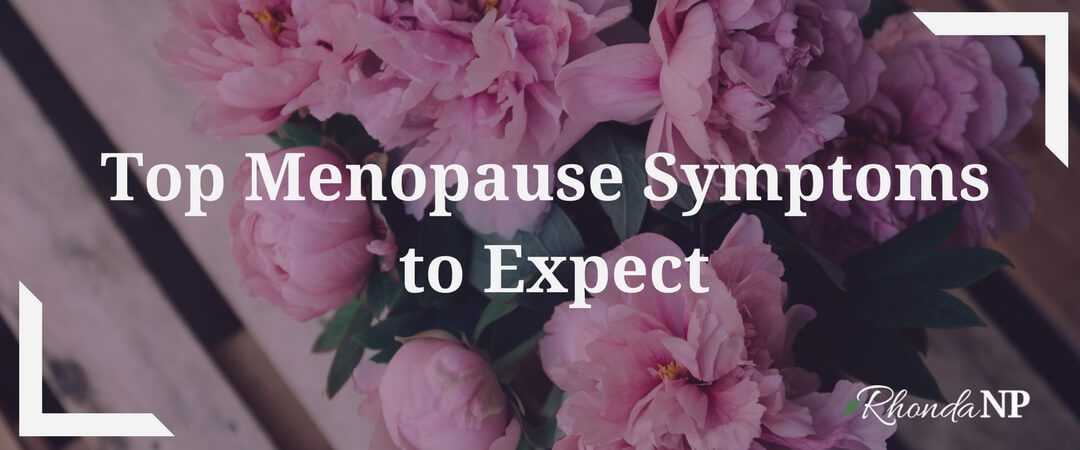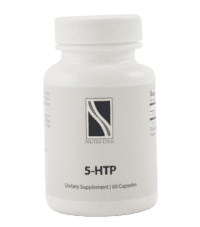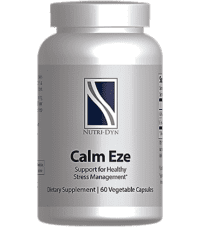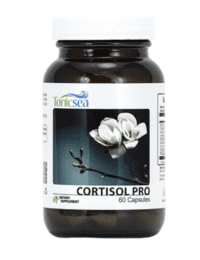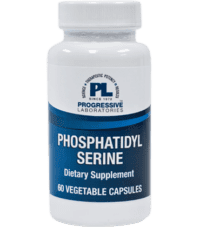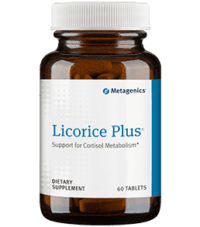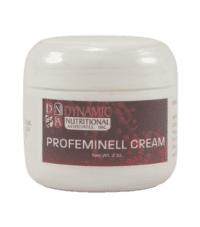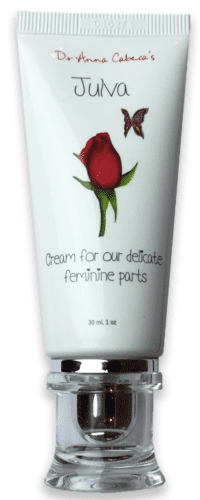Menopause Symptoms
Menopause symptoms surprise, disrupt and frankly, annoy you. Perimenopause/ menopause are part of a woman’s natural inevitable transition, so be prepared!
Because you are unique, your experience will be unlike anyone else’s. But, there are many common symptoms and they vary in intensity and frequency.
Do you remember when you even first heard the term menopause? The topic never enters our mind as a serious consideration until menopause symptoms creep into our everyday life. And then, many of my patients and probably you, may think, “What the heck?!”
But don’t feel like you missed some class in school, your doctor hasn’t filled you in or your mom forgot to share her secrets with you (oops, maybe she did!).
Perimenopause/menopause is different for every woman.
There are many reasons why menopause isn’t an open conversation. So many menopause symptoms can be embarrassing to discuss or worse, make you think about getting older.
Many physicians don’t receive specific training about perimenopause/menopause and many even admit to feeling uncomfortable treating menopausal women. Well, can you blame them? We are complicated!
Symptoms of Menopause
Why do we get symptoms of menopause anyway? Like other times of great hormonal turmoil, like puberty and pregnancy, our hormones go through a huge change at perimenopause and menopause.
Starting for some women in their mid-40s, estrogen begins to transition out. And, that’s when the symptoms of menopause may begin to show up.
When estrogen begins to leave your body, your adrenal glands take over to help compensate. Your adrenal glands now coordinate the complex web that produces hormones vital to sustaining life (think regulation of metabolism, how your body respond to stress, etc.)
Just like an elegant symphony counting on each instrument for beautiful sound, if one important part is off kilter or absent (think estrogen), things don’t sound right. Or in the case for women, we start to feel out of balance and the varied menopause symptoms are the result of this hormone imbalance.
The Role of Nutrition
It may be so obvious, but one of the best strategies to address the symptoms of menopause is proper nutrition. Excellent nutrition benefits more than just menopause symptoms.
Paying attention to what you put in your body means more now to hormone balance which in turn supports the management of the symptoms of menopause. “Eating to feed your hormones” is an interesting concept to grab a hold of during this time.
Nutrition during menopause is all about the proper balance of protein, fat and carbs. In addition, eating a pound of vegetables each day is a natural detox for the “bad” estrogens that may exacerbate menopause symptoms.
If you want to learn more about my recommendations for The Menopause Diet (Episode 013), listen to our podcast all about it. (Don’t fall for the fads, here my friend. Common sense will serve you much better!)
COMMON SYMPTOMS DURING MENOPAUSE
~ and strategies and supplements that may help!
Mood Swings
What:
An abrupt and apparently unaccountable change of mood. (You’re damn right!)
Why: Hormone Imbalance
Strategies to Try:
Bring in the “calm”
Deep breathing exercises, calming exercises, naps, journaling, stress management strategies
Amino Acids are your friend!
Try HTP , Cortisol Pro, and/or Calm Eze.
Click the images below to learn more.
Sugar Cravings
What:
Hand over the chocolate and no one gets hurt! Yes, increased sugar cravings (just like during your menstrual cycle) happen and could even get worse!
Why:
When hormones are out of balance, cortisol level may raise and increase your sweet tooth.
Strategies to Try:
“Aha Moment” fact: Lack of sleep increases your cortisol levels and may increase sugar cravings. Get the right rest between 11:00 p.m. – 7:00 a.m. to support your natural Circadian Rhythm.
Support your adrenal glands with the right nutrients.
Weight Gain Around the Middle
What:
Muffin top, spare tire, extra fluff – whatever you call it, it’s unwanted and not pretty!
Why:
As women lose estrogen, the adrenal glands must compensate and often times become fatigued causing cortisol levels to rise. Our body tends to hold on to fat cells around the midsection. Many women don’t change their diet or exercise and still experience this midsection weight gain (so annoying, right?!)
Strategies to Try:
Do not over-exercise! Moderate exercise is best.
Do not restrict food as a tactic as it could cause more harm.
You need more FAT (healthy fat – think avocados, coconut oil, extra virgin olive oil, Omega 3s (walnuts, chia seeds, flax seeds) and high quality grass feed beef and wild-caught pacific salmon) in your diet. Eat healthy fat especially in the morning and mid-day. Consume your carbs in the evening. Key concept: our food feeds our hormones.
Get Your Sleep!
Disrupted sleep may cause elevated cortisol levels. Try some amino acids like 5-HTP or Melatonin (2 mg at night), or my favorite, Cortisol Manager that calms mind chatter (contains L-Theanine and Gaba). Cortisol Pro promotes a nice Circadian Rhythm balancing cortisol and melatonin.
Click the images below to learn more.
Insomnia
What:
Insomnia, or the inability to sleep, especially solidly throughout the night is one of the most common menopause symptoms.
What:
Hormone imbalance, mind chatter (the inability to turn your brain off at night) and hot flashes/night sweats cause both sleep disruption and in turn, fatigue. It is important to address sleep disruption as soon as possible. Insomnia has also been linked to depression and anxiety.
Strategies to Try:
Sleep 11:00 p.m. – 7:00 a.m. – this timeframe is your body’s natural and best time to grab sleep.
Learn more tips here in our podcast all about sleep.
Disrupted sleep can cause elevated cortisol levels. Try some amino acids like 5-Htp or Melatonin (2 mg at night), or my favorite, Cortisol Pro that calms mind chatter (contains L-Theanine and Gaba) to promote a nice Circadian Rhythm balancing cortisol and melatonin. Click the images below to learn more.
Brain Fog
What:
Brain fog includes symptoms of confusion, forgetfulness and lack of focus and mental clarity.
Why:
Typically worse in the perimenopause phase, the culprit is dropping estrogen levels.
Strategies to Try:
Increase your fluid intake – since our brains are made up of water and fat we need to make sure to provide proper hydration and nourishment.
Fat in the AM – make sure you get some healthy fat in the morning! (Healthy fat – think avocados, coconut oil, Nuts (walnuts, chia seeds, flax seeds, etc.)
A little support with supplements – Amino Acid Phosphatidyl Serine (by itself) or also found in Cortisol Pro.
Click the images below to learn more.
Anxiety
What:
A feeling of worry, nervousness, or unease, typically about an imminent event or something with an uncertain outcome. Could also result in unresolved childhood or young adult experience/trauma.
Why:
Normally we have a balance of nutrients, hormones, amino acids and neurotransmitters that help even out our moods. When hormones shift and possibly become out of balance during perimenopause and menopause, the result can be enhanced or new anxiety.
Strategies to Try:
Hormone Replacement Therapy (with bio identical hormones) Check out this blog post for some more info.
Did you know that Prozac is the #1 prescribed drug for menopause?! I just cringe with this fact!
As a note, Prozac (fluoxetine) is an antidepressant belonging to the selective serotonin reuptake inhibitor (SSRI) class of drugs. Prozac does calm you down and studies show some help with hot flashes but it does address the problem. You don’t lack Prozac, you lack hormones!
Amino Acids! By the way, a lot of healthy food contains amino acids (think lean meat, eggs, dairy, quinoa, legumes)
Supplements to try: 5-HTP, Cortisol Pro (Gaba L-Theanine).
Click the images to learn more.
Depression
What:
Feelings of severe despondency and dejection. May cause deep sadness and/or a loss of interest in activities once enjoyed. Could also result in unresolved childhood or young adult experience/trauma.
Why:
Normally we have a balance of nutrients, hormones, amino acids and neurotransmitters that help balance our moods. When hormones shift and possibly become out of balance during perimenopause and menopause, the result can be enhanced or new depression.
Strategies to Try:
Hormone Replacement Therapy (with bio identical hormones)
Check out our blog all about bio identical hormones.
As a note, Prozac (fluoxetine) is an antidepressant belonging to the selective serotonin reuptake inhibitor (SSRI) class of drugs. Prozac does calm you down and studies show some help with hot flashes but it does address the problem. You don’t lack Prozac, you lack hormones!
Amino Acids! By the way, a lot of healthy food contains amino acids (think lean meat, eggs, dairy, quinoa, legumes)
Supplements to try: 5-HTP, Cortisol Pro (Gaba L-Theanine).
Click the images below to learn more.
Hot Flashes
What:
One of the most common menopause symptoms associated with this transition is the hot flash (and night sweats – which are hot flashes that happen at night!)
Why:
The culprit – hormone imbalance; specifically the decrease in estrogen.
Strategies to Try:
Lifestyle – Proper nutrition and moderate exercise are key.
Supplement option: #1 herb is Licorice Root. When you support your adrenal glands you indirectly support your entire adrenal system which in turn helps with hot flash symptom management.
Click the image to learn more.
Licorice Plus has ashwagandha in it (which is an amazing adaptogen herb!) A note of caution, if you have high blood pressure, Licorce Root can cause increased blood pressure in some women
Get Your Sleep!
Sleep 11:00 p.m. – 7:00 a.m. – this timeframe is your body’s natural and best time to grab sleep.
Learn more tips here in our podcast all about sleep.
Disrupted sleep can cause elevated cortisol levels. Try some amino acids like 5-Htp or Melatonin (2 mg at night), or my favorite, Cortisol Manager that calms mind chatter (contains L-Theanine and Gaba) to promote a nice Circadian Rhythm balancing cortisol and melatonin. Click the images below to learn more.
Fatigue
What:
With the circle of symptoms associated with perimenopause and menopause – it can wear you out! You may experience an overall sense of just not feeling well (malaise). This is the time to start taking care of you.
High energy/high stress women with roller coaster lifestyles may be even more fatigued. You can’t keep up the way you used to.
Why:
Your adrenal glands take over and make up for the hormone fluctuation (loss of estrogen), and need to work harder. Their new role, coupled with stress, poor nutrition and lack of appropriate, restful sleep may cause adrenal fatigue and exhaustion.
Strategies to Try:
The basics – proper nutrition, exercise, sleep, stress-reduction strategies!
Exercise – see this podcast all about the right ways to exercise during menopause.
Sleep
Sleep 11:00 p.m. – 7:00 a.m. – this time frame is your body’s natural and best time to grab sleep.
Learn more tips here in our podcast all about sleep.
Disrupted sleep can cause elevated cortisol levels. Try some amino acids like 5-HTP or Melatonin (2 mg at night), or my favorite, Cortisol Manager that calms mind chatter (contains L-Theanine and Gaba) to promote a nice Circadian Rhythm balancing cortisol and melatonin.
Click the images below to learn more.
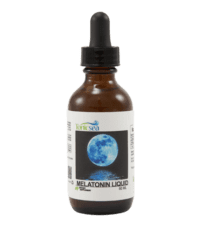
Water Retention/Puffiness
What:
Water retention in hands, ankles, feet (puffiness!)
Why:
The trigger that causes water retention and bloating is the changing levels of estrogen and progesterone in your body during menopause.
Strategies to Try:
Eliminate processed foods.
Try lemon water every morning and lots of water throughout the day. Lemon is a natural diuretic.
Progesterone cream may be helpful but not too much or it may cause more retention.
*Note – it you have pitted edema – when pressure is applied to the skin of the swollen area is released and an indentation is left behind this reaction could be a sign of a heart problem and you would seek medical attention.
Low Libido
What:
A lack in interest in sex; the inability or increased difficulty in becoming sexually aroused.
Why:
Perimenopause and menopause affects urogenital health. It’s not just your face that ages and gets wrinkles!
The aging process is everywhere. Loss of estrogen causes the vaginal walls to become thin, dry and not pliable. Libido goes down (hormones help our sex drive) but painful intercourse and the fear of pain throws you into avoidance mode. Bladder infections, urinary tract infections are more common during this time as well.
Strategies to Try:
Watch this video for more helpful information.
Another over the product I LOVE is Julva developed by an OBGYN, Dr. Anna Cabecca. It is really making a difference for many of my patients. Learn more here by clicking the image below.
Vaginal Dryness
What:
Dryness in the vaginal area which may cause painful intercourse. Symptoms may range from mildly uncomfortable to extremely painful.
Why:
Perimenopause and menopause affects urogenital health. It’s not just your face that gets wrinkles. The aging process is everywhere. Loss of estrogen causes the vaginal walls to become thin, dry and not pliable. Libido goes down (hormones help our sex drive) but painful intercourse and the fear of pain throws you into avoidance mode. Bladder infections, urinary tract infections are more common during this time as well.
Strategies to Try:
Watch this video for more helpful information.
Another over the product we LOVE is Julva developed by an OBGYN, Dr. Anna Cabecca. Learn more by clicking the image below.
Urinary Tract Infections
What:
Urinary tract infections are caused by microbes such as bacteria overcoming the body’s defenses in the urinary tract. They can affect the kidneys, bladder, and the tubes that run between them.
Why:
The bladder sits on top of the vaginal area. In menopause, this area may become drier due to loss of estrogen . Thereby, making it easier for bacteria to spread and cause infection.
Strategies to Try:
Taking care of your vaginal walls will help take care of your bladder especially if you have urinary leaking or other incontinence issues.
Bio identical hormone – estriol; used in combination with progesterone and testosterone. (Need to work with your healthcare practitioner as this strategy require a prescription.)
Another over the product we LOVE is Julva developed by an OBGYN, Dr. Anna Cabecca. Learn more here by clicking the image below.
Unwanted Facial Hair
What:
Unwanted hair that shows up on your face and is very annoying and troubling!
Why:
If you chose not to go on Hormone Replacement Therapy, your body will lack estrogen. In some women, your hormone testosterone (yes women have this hormone) stays high. It’s not that you make more testorsterone, it is the imbalance of hormones.
Strategies to Try:
A little progesterone cream at the site (doesn’t work in all women but an option to try.)
Click the image below to learn more.


